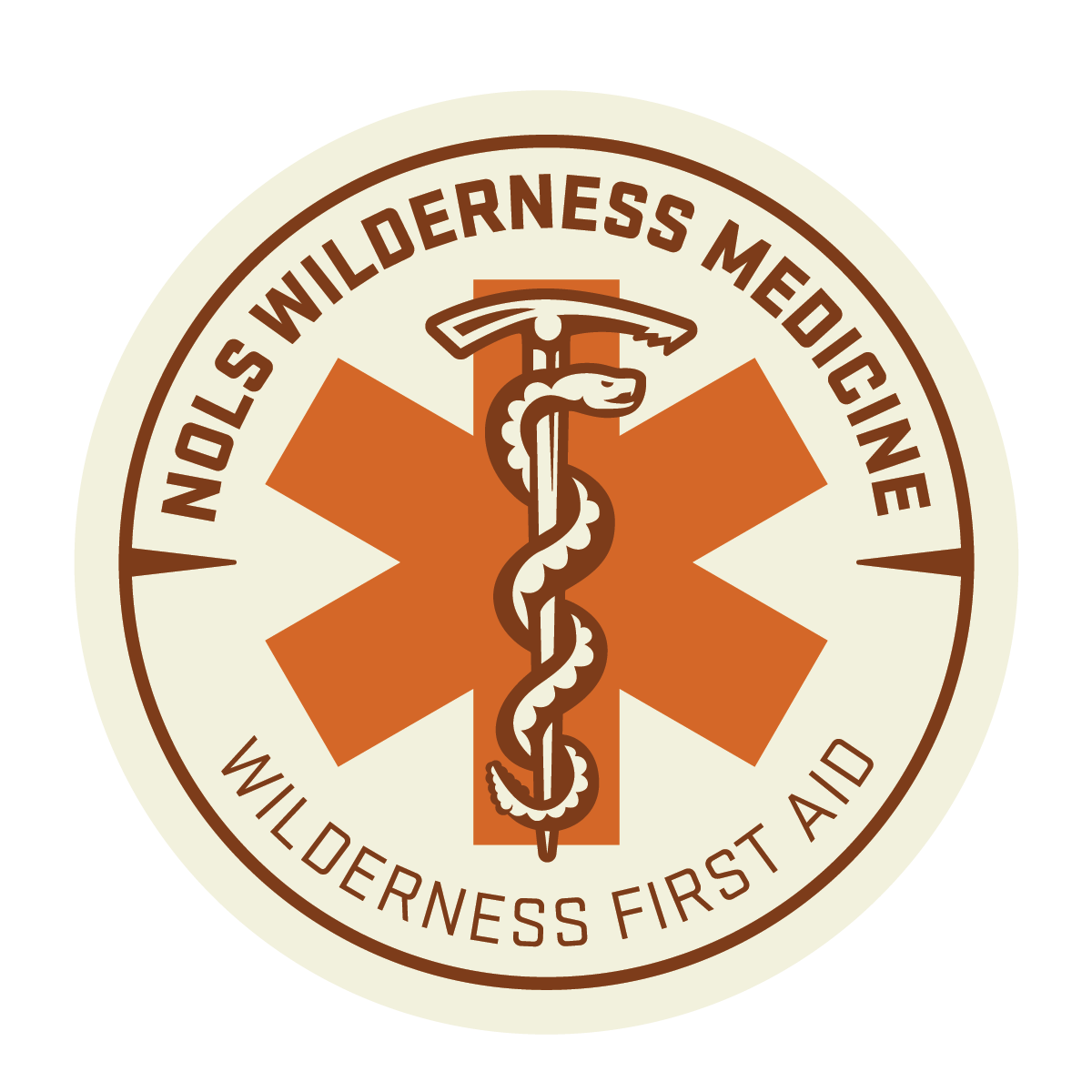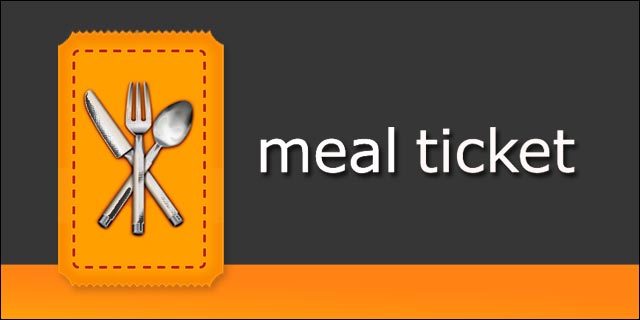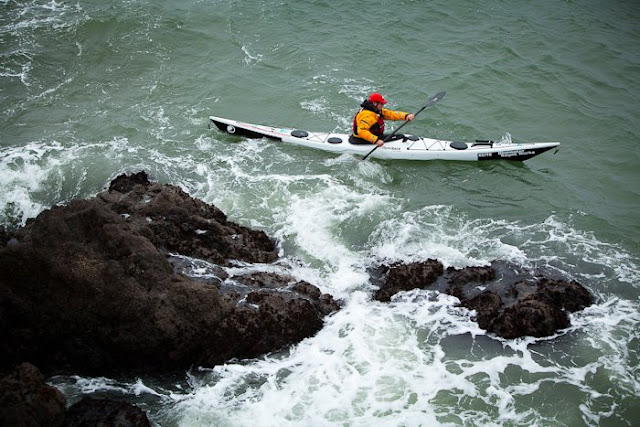GREENLAND EXPEDITION
8TH UK STORM GATHERING SYMPOSIUM • 2016
We're writing this newsletter from Anglesey, Wales. Here on Anglesey, it's starting to feel like Autumn. Temperatures are dropping, clouds are filling previously clear blue skies and t-shirts are being replaced by warm hoodies. Despite the weather change, there are lots of kayaks on the water. We hope that this also holds true in your neighbourhood.
September began with us traveling home from a busy summer of classes and events in Norway, Sweden and Denmark during our sixth annual, Rebel Kayaks supported Nordic Tour. After a couple of days of rest and relaxation, Helen then headed to Lake Carlos State Park in Minnesota to mentor during the
Traditional Paddlers' Gathering. She then made her way to Whiskeytown, California for a couple of Simplifying the Roll classes, and then traveled down the coast to run private rolling classes during Mendo Madness in Mendocino, California. Meanwhile, Mark ran a BCU 4 Star Sea Training Week, which was then followed by a BCU 4 Star Sea Assessment. Both were in Pembrokeshire, Wales. In addition to all of this, we've been working on our 2016 schedule, which is already filling up FAST.
October started with Simplifying the Roll and some private classes on Anglesey, in Wales. This week we head to Cornwall, England for the
Sea Kayaking Cornwall Symposium. After that, Helen heads to Pacific City, Oregon, for
Lumpy Waters, then to Eureka, California for an Intermediate Sea Kayaking class. She ends the month with a Halloween Campout at Stone Lagoon, an event which she's hosting for our local club,
Explore North Coast. Mark will remain in Cornwall to teach various BCU and
ISKGA programs before finishing the month with some sea kayak skills development courses back in North Wales.
Most of our winter programs will then be in California (Horseshoe Cove, Crescent City, San Diego, Marina Del Rey and Dana Point). In February, we head back to Anglesey to run the
8th UK Storm Gathering Symposium. Will you be there???
As usual, visit www.greenlandorbust.org for more information and our current Events calendar and Blog postings. You can also follow us on Twitter. For questions, comments or to schedule us in your neighbourhood, e-mail: info@greenlandorbust.org.
Happy paddling!
Helen and Mark
Dr T's Coaching Corner
Over the past few months, we have been looking at the various factors which make up the ‘TTPP model’ (BCU, 2006) as they relate to paddling performance. In
December, we introduced the model. In
April, we covered the ‘Technical’ element. In
June, we addressed the ’Tactical’ aspect and, in
August, we talked about the ‘Psychological’ dimension.
This month we finish by looking at how knowledge of the ‘Physiological’ concepts that apply to all paddling disciplines, and the relationship between how our body creates energy
for exercise and our diet, can also help address performance issues.
To recap, this element represents our ability to develop endurance, maintain flexibility, generate strength as well our balance nutritional needs depending on the level and intensity of the activity we are participating in. It also relates to the application of sound training principles and adopting specific fitness strategies.
For example, a lack of muscular endurance, aerobic fitness, or poor nutrition while paddling could undermine our physical ability. These areas can be addressed by scheduled aerobic exercise, circuit training, along with a review of food and fluid intact during activities to see if any useful changes can be made.
Whether training to compete or training for health, everyone has different needs. People vary in height, size, shape and preference. Therefore, even though they have the same goals they may not reach them by the same means. However, the following areas often need addressing in some form or another.
Core Strength: This can be developed through exercises that enhance the muscles required for rotational movements of the trunk and abdominal areas. For example, you can build strength in your lower body by using squats and leg extensions. For abdominal strength and torso rotation try crunches using a balance ball.
Cardiovascular Training: Cardiovascular fitness for kayaking requires some discipline specific training so consider the duration and distance of each trip. For example, plan to kayak for a set distance in one direction and then return to the starting point. Therefore encountering different conditions. On the next outing increase the distance. During the paddle, aim for a consistent cadence of stroke, or pace. Incorporating staged bursts of speed, either for a set time or number of paddle strokes, will also help with improving speed.
Cross Training: As with any activity that requires cardiovascular endurance, cross-training using high-intensity aerobic exercises, such as cycling and running, can improve fitness levels. While the movement patterns for biking or running do not simulate kayaking movements, developing endurance ensures a kayaker won't be stranded on the water too tired to paddle to safety or back to shore.
Flexibility: This refers to the absolute range of movement in a joint or series of joints that is attainable in a momentary effort with the help of a partner or a piece of equipment. Flexibility in some joints can be increased to a certain degree by stretching. Stretching improves the muscle's felt elasticity and reaffirms comfortable muscle tone. The result will be a feeling of increased muscle control, flexibility and range of motion.
If you are not training for a particular paddling discipline, then you need to consider your height, weight, gender, body shape, and goals before you choose a suitable fitness program. However, it is worth applying the FITT Principle once a training structure has been set. For each type of exercise during your session, think about the following.
Frequency - How often you do the exercise (be it an individual set or the whole session).
Intensity - The difficulty of the exercise: it could be the amount of weight, or the speed you move.
Time - The duration of the exercise: for fitness, this should be at least 20 minutes a day.
Type - What kind of exercise: vary what you do to keep it interesting, and to work all the different muscles.
Nutrition and Hydration: Optimal nutrition is attained with sound dietary practices that are applied on a continuing basis, not just before a long paddle. Getting into a good eating pattern long term and fueling-up with the right energy sources not only provides a nutritious diet but will help prevent fatigue when out paddling and allow you to continue to perform at your best for longer. One aspect to avoid is dehydration, which is one of the most important factors that can cause early fatigue during exercise. It decreases performance, impairs cardiovascular function and can pose serious health problems. For proper hydration, drink before, during and after exercise and before you feel thirsty.
A balanced training programme develops good cardio fitness and body strength while adding finesse to your paddling efficiency. Effective stroke techniques increase as you put in more time on the water.
…And Finally
Working on your roll and need a little help?
Simplifying the Roll with Helen Wilson and
Yoga for Outdoor People are available from our on-line store
HERE.
============================================================
Copyright © 2015 Greenland or Bust, All rights reserved.
Helen Wilson and Mark Tozer • (707) 834-5501
info@greenlandorbust.org




















